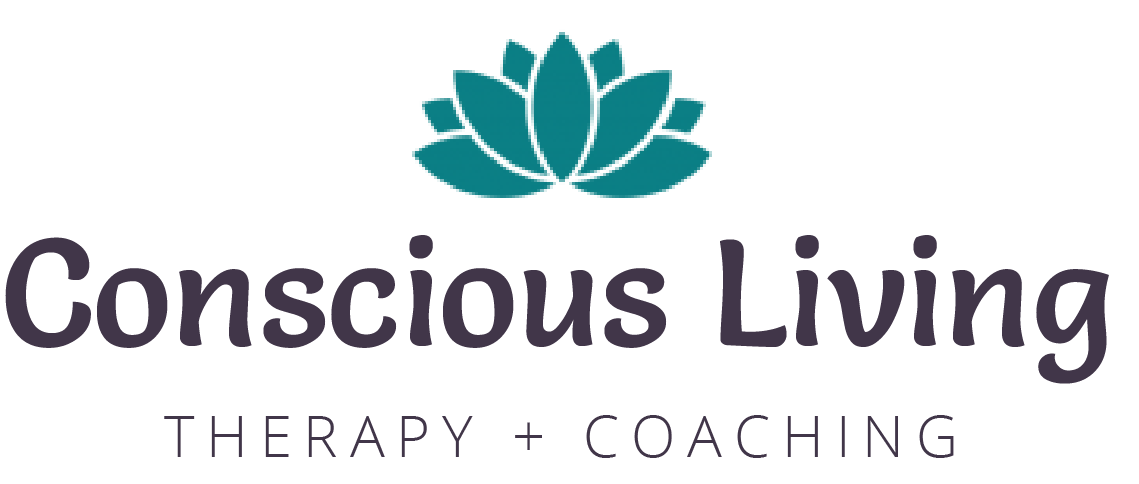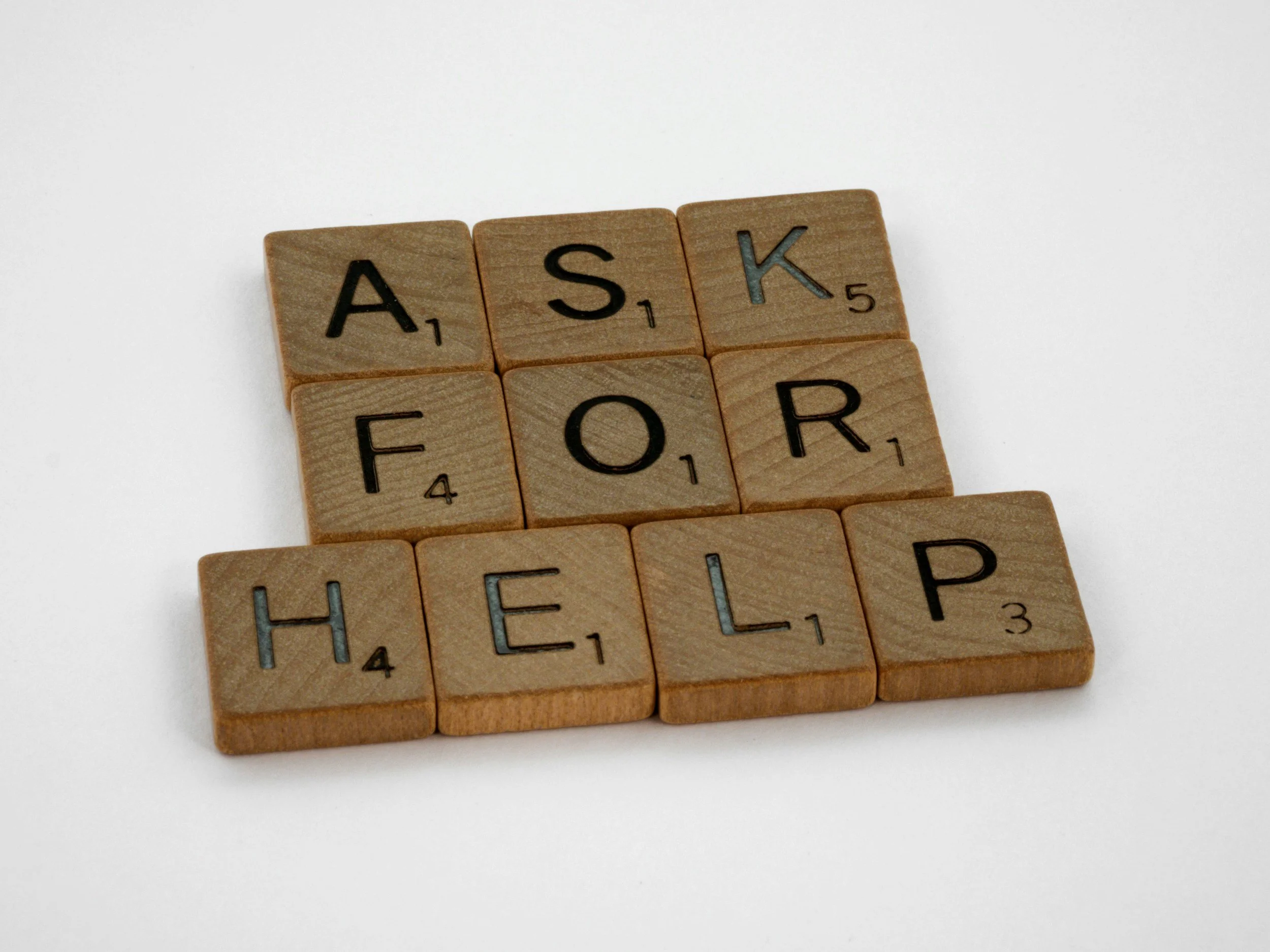Asking for help: When to ask, how to ask, and why asking for help can be so hard
“We were never meant to do it alone.”
– Brene Brown
The healing journey can feel very lonely sometimes, in part because personal growth requires inner work and significant soul searching. It is normal to experience a sense of isolation when the healing process draws your focus inward, but the healing process cannot be completed in isolation. Safe, authentic, relational connection is necessary for true healing and post-traumatic growth.
If you are experiencing an alone time, asking for help may seem counterintuitive. After all, who are you supposed to turn to? And how? And when? In this article, we’re going to make ‘asking for help’ a little less intimidating by going over what asking for help really means. We will explore when to ask for help, how to ask for help, and work through some of the top reasons why asking for help is so hard.
What does ‘asking for help’ really mean?
Through the lens of the Johari Window, we learn that asking for help is a healthy form of relational communication and an essential part of the healing process. The Johari Window is a powerful visual model that categorizes everything there is to know about an individual into one of four categories.
Open Arena – Aspects of you that are known by you and others.
Hidden – Details you know about yourself but no one else does.
Unknown – Unexplored parts of you.
Blind spot – Things about yourself you are unaware of but others can clearly see.
When you ask for help, you are relocating a hidden part of yourself to your known or open arena. In other words, asking for help is not the same as asking for others to be a solution to the problem. It’s simply an invitation for collaboration, feedback, ideas, support, encouragement, suggestions, opportunities for growth, etc. – something that is only possible if others know what is really going on.
Asking for help also allows the opportunity for our blind spots to be reflected to us by trusted individuals within our support system and brought into the open arena. This increased self-awareness can shine light on areas where we may need additional support or even show us positive aspects of self we may not give ourselves credit for.
When to ask for help?
While there are no set rules, there are some guidelines for when to ask for help. If you are experiencing any of the below symptoms, please seek help from a trusted family member, friend, or professional.
H – Hopeless feelings or suicidal thoughts
E – Emotional life changes (physical, relational, psychological, etc.)
L – Loss of interest or apathy
P – Paralyzing or severe symptoms of depression or anxiety
How to ask for help?
Asking for help can feel overwhelming, especially when experiencing intense emotions. Before asking for help, take a few deep breaths and consider the following suggestions:
Identify possible helpers – Assess your options and decide who you feel the most comfortable opening up to – a friend, family member, church official, therapist, doctor, etc.
Choose a time – If you are experiencing a crisis, please call 9-1-1, or call or text 988 to reach the free, confidential suicide and mental health crisis hotline. If it is not an emergency, try to schedule a time for when the person you are asking will have time to help.
Ask for help – Be specific and polite. Do you need a listening ear? Advice? Support? Provide the necessary details about what you need and when you need it so the person/people you are asking for help can make an informed decision.
Show appreciation – However big or small the contribution, a simple thank you goes a long way.
Do the next right thing – Asking a trusted individual for help may not ‘resolve’ the situation, but it is a good next step towards the next thing.
Examples of ways to ask for help:
You’re someone I trust, and I’d like to fill you in on some changes in my personal life. I would be grateful for your time and advice if you’re available this week?
I want to expand my perspective on an important situation in my personal life, and I value your opinion. Could we schedule a time this week to talk?
When would be a good time for you to help me with ______?
Why asking for help is so hard
1 .) The fear of being a burden
If life experiences or relational trauma have led you to believe relationships are fragile things, you may understandably feel hesitant or even terrified to put any kind of real or imagined strain on the relationship. You might think things like…
“I don’t want to burden anyone.”
“If I ask for help, they’ll let me down.”
“I can’t trust anyone.”
“I can deal with this myself.”
“I have to do everything myself.”
“It’s not that big of a deal. I should be able to hand this.”
“I don’t want them to think differently of me.”
“If they knew what was really going on, they might leave.”
However, we are designed to connect and heal with others through authentic relationships. Without authentic communication, relationships quickly become superficial, and the more superficial your relationships are, the more alone you feel. Fortunately, the reverse is also true. The more authentic your communication, the more connected and less alone you will feel.
2.) The fear of appearing weak
Perfectionism and pride keep many suffering in silence. No one wants to appear weak or vulnerable, however there is always a confident way to ask for help. For example, “I’m failing in my role at work. Help!” can be reframed as, “I want to improve my productivity and enhance my knowledge base. Do you know of anyone who could mentor me?”
However it is poised, asking for help when you need it is quite possibly the bravest and strongest thing an individual can do.
3.) The fear of potential disappointment
It can be very disappointing to ask for help and not get the response you were wanting, but that doesn’t mean it is safer to not even ask. There are many reasons why someone may feel unable to help someone else, but remember, asking for help is simply inviting others to know you a bit better. It’s ultimately their choice as to whether they are willing or able to accept the invitation. Keep asking and you just might be surprised who shows up for you.
You are never alone
Helpers can be found in many places if only we are willing to seek them out and ask. It takes courage to seek the help of a trusted family, friend, or professional, but sometimes, that’s what it takes to experience true healing. If you want to talk about ‘what’s really going on,’ and you are not sure who you can turn to, talking to a qualified, compassionate therapist may be a good place to start.
Let’s Connect
Hi there! I’m Jenny, a licensed therapist and Certified Adult Chair® Master Coach.
Hi there! I’m Jenny, a licensed Holistic Therapist (LISW-CP) and Certified Adult Chair Master Coach. I combine both therapy and coaching methodologies to provide my clients with a holistic perspective and the techniques they need to flourish. Rediscovering who you were always meant to be is an act of courage, and radical self-love can turn unconscious paralysis into conscious, authentic growth. Learn more about me here.




